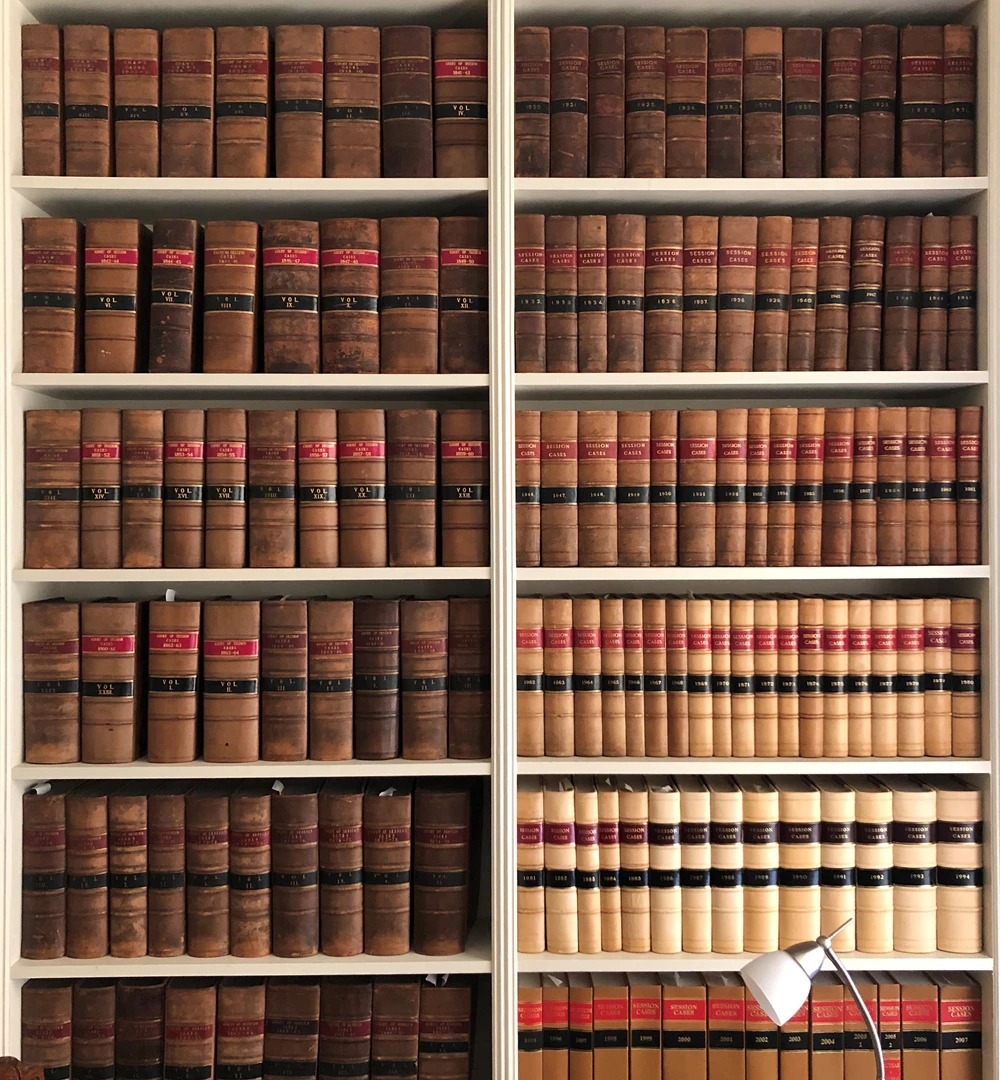Declaration of Parentage
General Guide to a Declaration of Parentage
As stated by Sir James Munby, former President of the Family Division, questions of the most fundamental gravity and importance are: “Who is my parent? Is this my child?”
Following an interesting day in court at a directions appointment for an application for parentage under the Family Law Act, I thought it may be useful to try to set out some general principles and pragmatic points to help guide readers thoughts through this rich and case law heavy area.
A brief note to start however is that it should also be borne in mind that if there is consent between the parties an application for a declaration is not needed and there are other avenues which are quicker, easier and cheaper to re-register a parent on a birth certificate.
Legislation
When considering an application for a declaration of parentage, the starting point is the Family Law Act 1986 s55A.
To summarise, any person may apply to the High Court or Family Court for a declaration as to whether a person named in the application is or was the parent of another person so named. Sub-paragraph 4 sets out the expected situations where a declaration shall be sought but the simple principle of such an application is that you use it to determine whether a person is the parent of someone else (whether that person is a child or not).
There are jurisdictional requirements set out at sub-paragraph 2 which have to be met and the court will refuse an application for a declaration unless the applicant has a sufficient personal interest in the determination of the application.
Usually the personal interest requirement does not cause an issue as most applications are made by a person who believes themselves to be a parent to the child; or someone who believe that they are not a parent to the child; or the person who wishes to know their parentage; or a person already recognised as a parent. However, bodies such as local authorities or the child support agency may also make an application in suitable circumstances.
The usual rule is that a court shall hear the application, except where one of the persons named in the application is a child in which case the court will decide whether such a determination would be in the best interests of the child. For example, it may be that a child has been adopted and a biological parent wishes to be added to the birth certificate, or the biological parent is a donor for the purpose of fertility treatment and therefore seeks recognition as a legal parent. In such cases the court may decide that it is not in the best interests of the child to have parentage determined.
Following sub-paragraph 7, once a declaration is made then the prescribed officer of the court shall notify the Registrar General. As set out in the Family Procedure Rules 2010 at r8.22 (2) a copy of the declaration of parentage and the application must be sent within 21 days of the date the declaration was made.
Under Section 14A of the Births and Deaths Registration Act 1953, provided it appears to the Registrar General that the persons birth should be re-registered, they “shall authorise the re–registration of that person’s birth, and the re–registration shall be effected in such manner and at such place as may be prescribed”. In other words, the applicant will be named on the birth certificate of the child in question. It is worth noting that a parent registered on the birth certificate in this way does not automatically gain parental responsibility, as can be seen from the Children Act 1989 s4.
There are separate considerations if there is already a person registered on the birth certificate, as there can only be one mother and father on the birth certificate.
[NB: It is worthwhile clarifying that the “father” for the sake of how that person is treated in law, does not have to be male. However, to try to keep a complicated thing simple I am using the vernacular of “father” because “mothers” and “fathers” are treated differently under the law in relation to parentage. This is not to suggest that relationships and parentage status only take place within such heteronormative or gender binaries, nor that they should. Due to the legal differences, the person who carried and gives birth to a child is the legal “mother” in all circumstances, irrespective of genetic connection to a child and will be named on a birth certificate in the first instance, and “fathers” are the only ones whom declarations of parentage are in relation to, generally.
General Principles from Case Law
The common law principle is that the legal father of a child, subject to presumptions of legitimacy, is the same person as the genetic father of a child, irrespective of the manner of conception, unless this presumption is modified (usually by statute).
The test that a person is the parent of another is dealt with on the balance of probabilities. A court can be convinced if necessary from narrative evidence who a parent is, but it is more common nowadays to rely on a DNA test. A DNA test is determinative of the issue with near certainty, although there are still cases where this can be difficult, such as if the potential fathers are identical twins. It is therefore worth considering at the outset whether a DNA test would resolve the issue and is possible. Often a DNA test can expediate the process and save the client money and the court time. The statutory ground for obtaining a scientific test is from the Family Law Reform Act 1969, s20.
If it is not possible to do a DNA test, then other evidence can be put before the court for a judge to consider. A declaration cannot be granted by consent or by default. There must be a proper examination by the court of the relevant facts that a claim for declaratory relief is made out, although this does not require a full trial nor oral evidence.

Pragmatic Considerations
What questions should be asked if you are faced with a client who wants a declaration of parentage:
- Is a declaration of parentage the best way forward? If the client actually wants parental responsibility or contact with the child then another application may be better. If a declaration of parentage is definitely required, then is a court application the best route?
- Is there any reason why the court may be concerned about determining parentage, particularly where a child is involved?
- Should the application for declaratory relief also contain an application for scientific testing to expediate the process, and so this application can be dealt with at the first hearing?
- If there is not to be a DNA test, then what evidence can the court can be provided with evidencing parentage? Consider, for example, medical reports, contemporaneous messages, photographs around the time of birth and narrative statements by the parties.

